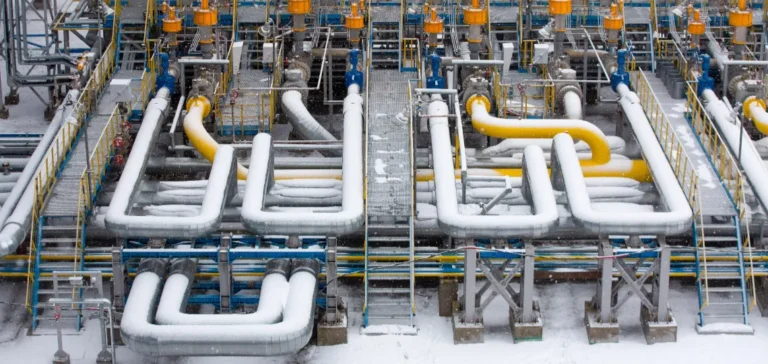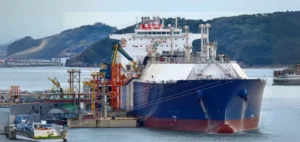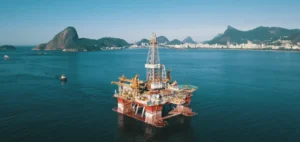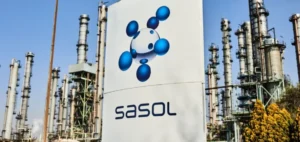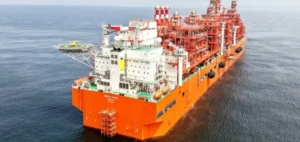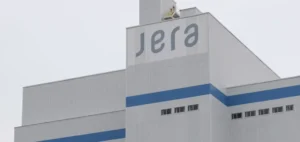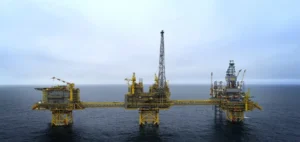The European Union is able to meet natural gas demand for the 2025-2026 winter without relying on Russian pipeline imports. This assessment comes from the annual Winter Supply Outlook published by the European Network of Transmission System Operators for Gas (ENTSOG), which highlights the strength of infrastructure and storage capacity across the continent.
Storage level exceeds 80%
The report indicates that storage facilities reached 83% capacity as of October 1, 2025. This level, comparable to those observed before the energy crisis, would allow the European Union to end the winter season with storage still filled at 35%. This situation provides a solid basis for refilling storage sites during the following summer.
Stress tests conducted as part of the study simulated several critical scenarios, including the complete end of Russian gas flows and limited availability of liquefied natural gas (LNG). Despite these adverse conditions, European infrastructure demonstrated the ability to absorb shocks through increased LNG imports and enhanced operational flexibility.
Adaptation capacity under extreme conditions
Even under severe weather conditions, the current gas system would prevent significant demand cuts. According to ENTSOG, this resilience relies largely on diversified supply efforts and early storage filling strategies.
The European Commission reminded that the publication of these winter and summer forecasts is required under Regulation (EU) 2024/1789 on the internal markets for natural gas, renewable gas and hydrogen. This provision mandates transmission operators to deliver annual projections to ensure energy supply security.
Declining dependence on Russian fossil fuels
One of the key findings of the report is the European gas system’s growing autonomy from Russian supplies. The analysis shows the EU has strengthened its ability to operate independently of Russian flows, marking another step in the phased reduction of fossil fuel imports from Russia.
The report recommends maintaining summer storage efforts and encouraging controlled consumption. These practices, already adopted in recent seasons, aim to reinforce the bloc’s long-term energy stability.


